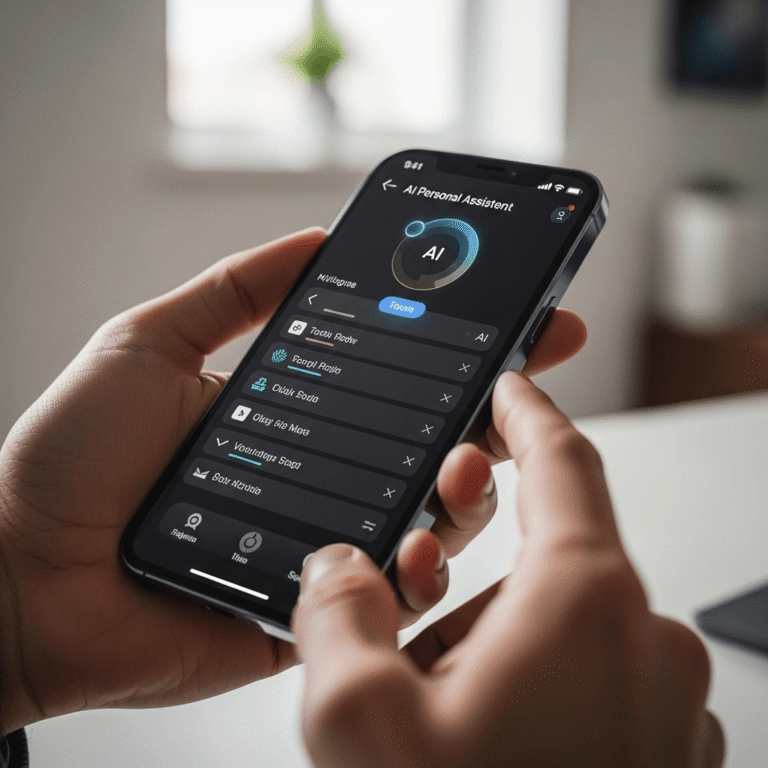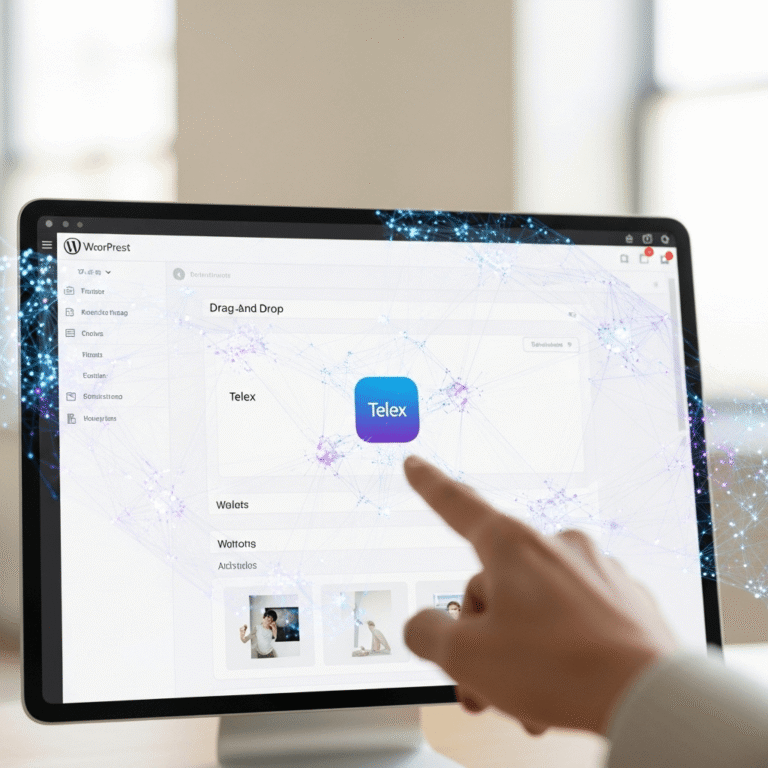AI in Psychology: Language Analysis for Personality Insights
A new AI tool promises to transform how psychologists understand personality. By analyzing the subtle nuances of language, this innovative technology can reveal deeper insights into an individual’s psychological makeup. This development offers a powerful new assistant for mental health professionals, enhancing their ability to provide more targeted and effective support by leveraging the unique insights from language analysis.
Unlocking Personality Through Words
Imagine an AI tool for psychologists that can help uncover a person’s core traits just by examining their words. This groundbreaking technology operates on the principle that our language patterns—the specific words we choose, the structure of our sentences, and even our tone in written communication—are rich indicators of our inner personality. Specifically, the AI analyzes vast amounts of text, identifying subtle correlations between linguistic features and established personality dimensions, such as introversion, extroversion, conscientiousness, and emotional stability.
For instance, an individual who frequently uses emotional language or talks extensively about their feelings might exhibit higher levels of openness to experience or neuroticism. Conversely, someone using more direct, factual language could lean towards conscientiousness. This advanced language analysis personality assessment goes far beyond simple keyword spotting; it understands context and complex semantic relationships. Consequently, it provides psychologists with objective, data-driven insights that can complement traditional assessment methods like interviews and questionnaires. This allows for a more comprehensive and perhaps faster understanding of a client’s disposition, thereby enriching the diagnostic process and informing therapeutic strategies.
The Practical Impact and Future of AI in Psychology
The practical implications of this AI in psychology are truly profound. This powerful AI-powered personality assessment could become an invaluable asset in various settings. Firstly, in initial consultations, it could quickly offer preliminary insights into a client’s personality, helping psychologists tailor their approach from the outset. Secondly, it could assist in tracking changes in personality or mood over time, providing objective markers of progress or potential areas of concern during therapy. Furthermore, by identifying certain linguistic markers, the tool might even help predict risks for mental health issues, enabling earlier intervention and better mental health support.
However, as with any powerful technology, ethical considerations are paramount. Ensuring data privacy and guarding against potential biases in the AI’s training data are crucial steps for responsible deployment. Nonetheless, the future of understanding personality through such tools looks promising. Psychologists will likely integrate these AI insights as a supplementary resource, not a replacement for human empathy and clinical judgment. Ultimately, this collaboration between human expertise and artificial intelligence will empower practitioners to offer more personalized and effective care, revolutionizing the field by providing deeper psychological insights with AI assistance.
Ultimately, this groundbreaking AI tool offers psychologists an unprecedented way to understand personality through language. It serves as a powerful ally, providing deeper, data-driven insights to complement traditional methods and enhancing patient care. This innovation holds immense promise for improving mental health support, leading to more personalized and effective care for everyone, truly transforming the landscape of psychological assessment and intervention.
For more information, visit: https://phys.org/news/2025-09-10/ai-tool-psychologists-revealing-personality.html







